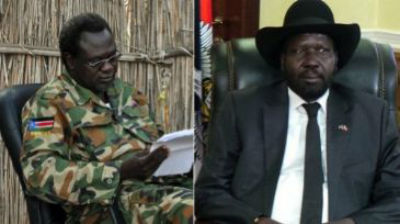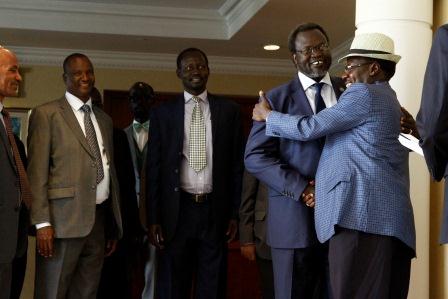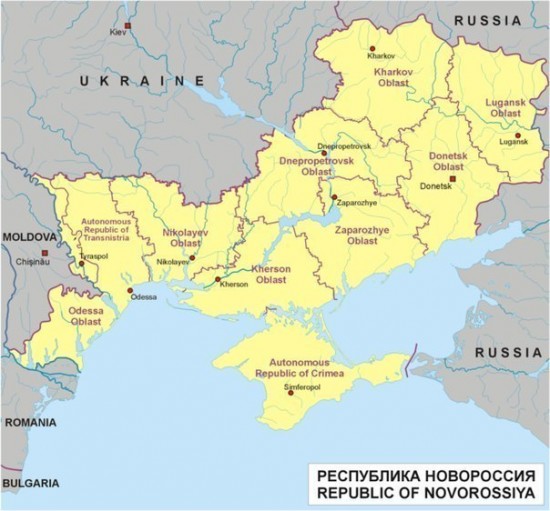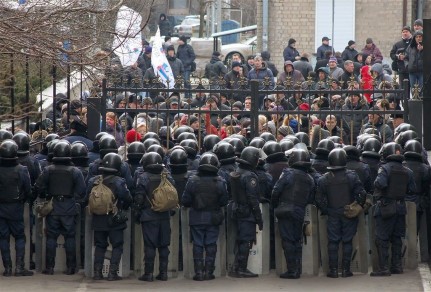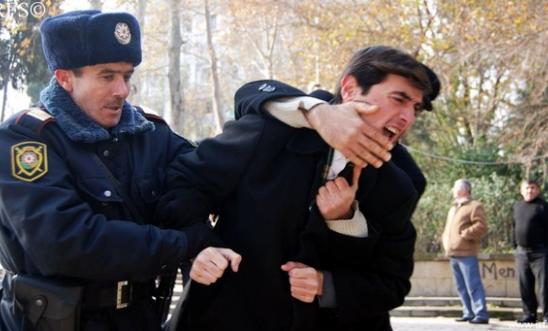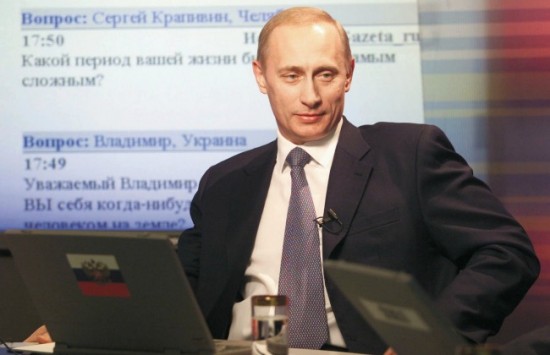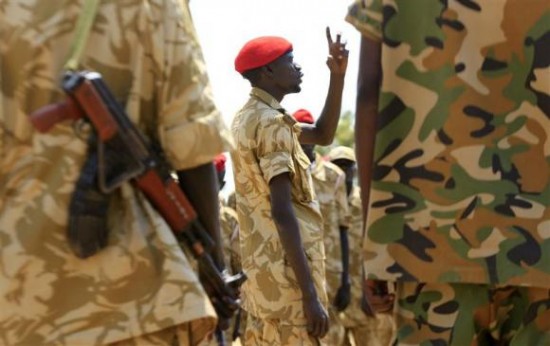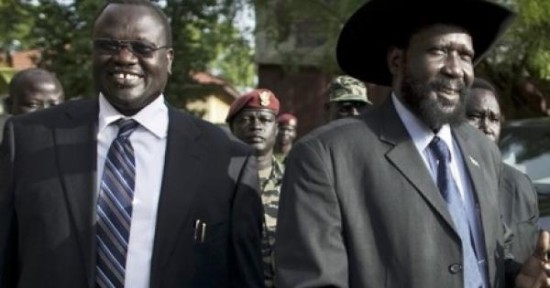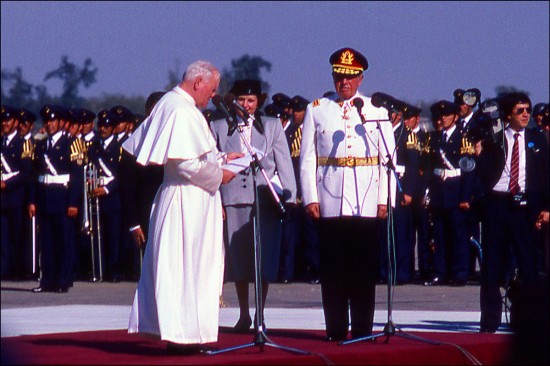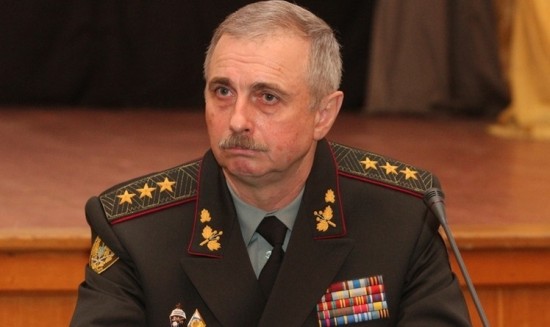NASA, planning a mission to the moon Europa–one of the best candidates for life-sustaining habitation–within the next 10 years, has opened the door for crowdsourced talent. The goal is to create a mission for under $1 billion. NASA has published a Request for Information (RFI) seeking creative help.
Although much smaller than the Earth, Europa is thought to contain more water than our planet, and last year jets of water were observed shooting out of the moon’s icy surface, causing scientists to strongly suspect the existence of water plumes.
With NASA’s RFI, it hopes to address several fundamental questions about the enigmatic moon and life beyond earth, and on a budget. NASA provided a list of its five top goals for Europa:
1. Characterize the extent of the ocean and its relation to the deeper interior;
2. Characterize the ice shell and any subsurface water, including their heterogeneity, and the
nature of surface-ice-ocean exchange;
3. Determine global surface compositions and chemistry, especially as related to habitability;
 4. Understand the formation of surface features, including sites of recent or current activity,
4. Understand the formation of surface features, including sites of recent or current activity,
and identify and characterize candidate sites for future in situ exploration;
5. Understand Europa’s space environment and interaction with the magnetosphere.
The $1 billion target excludes the launch vehicle, but includes everything else, including all the technology and scientific intstruments needed for the mission. Some considerations specifically mentioned by NASA in the RFI for the Europa mission include the extreme radiation environment and protection of Europa’s potentially inhabitable ocean from the Earth’s bacteria.
NASA has released Request for Information: NNH14ZDA008L Europa Mission Concepts Costing Less than $1 Billion, targeting science and engineering communities. The RFI includes details about what and how to submit to NASA.
By Day Blakely Donaldson
Source:

